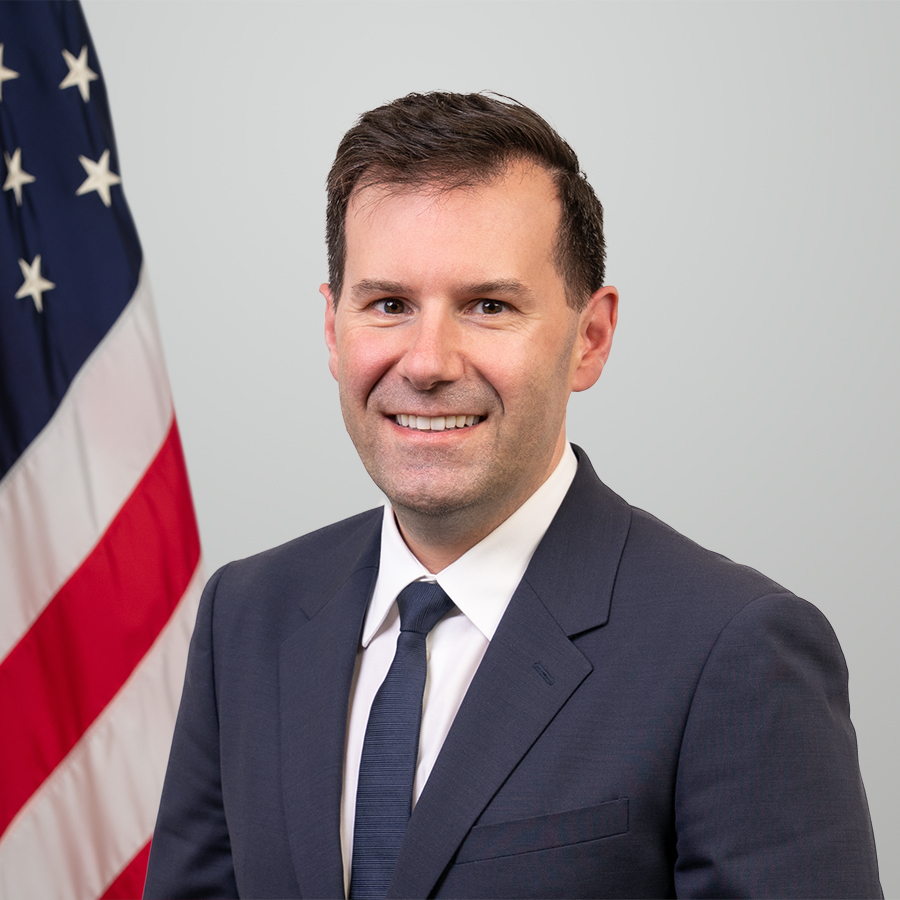
Dr. Brian King, Director of U.S. Food and Drug Administration (FDA) Center for Tobacco Products (CTP), announced that, according to the 2024 National Youth Tobacco Survey, youth tobacco product use has dropped to its lowest level in 25 years. Cigarette smoking among youth has reached a historic low, while e-cigarette use among youth has dropped to the lowest level in a decade. This achievement is the result of efforts at multiple levels, including federal and local policy implementation, public education, and strict enforcement. Despite the significant progress, the FDA stated that it will continue to take action to protect youth from the harms of tobacco products.
Below is the original article written by Dr. Brian King:
Youth Tobacco Product Use Continues to Decline as FDA Actions Build Momentum
By: Dr. Brian King, Director of FDA's Center for Tobacco Products
As Director of the U.S. Food and Drug Administration's Center for Tobacco Products (CTP), I often reflect on conversations with the public, including the people behind tobacco product use statistics. This type of reflection started in the early days of my career when I answered calls for a tobacco quit line. On a daily basis, I spoke with people who had a desire to quit smoking. Each had a different reason for wanting to quit: living to meet their grandchildren, walking their child down the wedding aisle, or taking a dream vacation with their spouse. While their reasons varied, they had heartbreaking similarities – a deep desire to be there for their families and to celebrate life's precious moments with the ones they love.

We know most adults who use tobacco products first started during adolescence. That's why keeping tobacco products out of the hands of youth is central to our mission. That said, the recently released 2024 National Youth Tobacco Survey findings are a monumental win for public health: youth tobacco product use has dropped to its lowest level ever reported since the survey began a quarter century ago. Cigarette smoking among youth has reached a historic low. Moreover, reductions in e-cigarette use have fueled recent progress, with use of these products among youth dropping to the lowest level in a decade.
This success is the result of actions taken at the national, state, local, territorial and tribal levels. National actions include those by the FDA, which is taking a robust, comprehensive approach to tobacco regulation – and it's no coincidence that current youth tobacco product use in the U.S. decreased from 4.67 million in 2009, when CTP was established, to 2.25 million in 2024.
Importantly, the FDA's work in this area is not over. CTP's policy agenda guides and provides transparency on our plans, including current and long-term priorities. For example, the FDA recently advanced one of its priorities through a final rule outlining increased age requirements for tobacco product sales. Most adults who smoke daily smoked their first cigarette by young adulthood, so enforcing the federal minimum age-of-sale of 21 for tobacco products is critical.
Another way the agency continues to protect youth is through our review of applications for new tobacco products. A major component of CTP's review includes considering the youth who might start using the product. In fact, we've taken action on more than 26 million applications, including denying the marketing of e-cigarettes in youth-appealing designs and flavors, including candy and fruit.
At the same time, we have also authorized thirty-four e-cigarette products for sale, including those with tobacco and menthol flavors. These authorized products and devices have undergone rigorous scientific review and have been found by the FDA to meet the public health standard required by law – which weighs the risks of the products against the benefits to the population as a whole. In the case of flavored e-cigarettes, this includes demonstrating they have a benefit for adults who smoke cigarettes relative to that of tobacco flavored e-cigarettes – in terms of complete switching or significant reduction – that is sufficient to outweigh the risks of the product, including to youth.
We also protect youth from the risks of tobacco products through enforcement actions. The FDA uses multiple tools, including warning letters, civil money penalties, injunctions, and seizures to ensure those across the supply chain obey laws that prevent youth tobacco product use. We also work with other federal agencies on e-cigarette enforcement, including through a newly formed interagency task force.
Education plays a crucial role in preventing youth tobacco initiation and use. For example, our awarding-winning campaign "The Real Cost" has been estimated to prevent hundreds of thousands of youth from starting to use tobacco products each year. These efforts are a public health "best buy" – for every $1 we spend on the campaign, an estimated $180 in savings occurs for society through averted tobacco-related health costs. The campaign continues to reach – and positively impact – teens. We also provide outreach to parents and teachers, offering free resources such as our Vaping Prevention and Education Resource Center.
All the above activities are part of the FDA's ongoing efforts to make tobacco-related disease and death part of our nation's past, ensuring a healthier future for our youth. While this progress is promising, there's more work to do and we remain committed to protecting our nation's youth from the harms of tobacco products.







